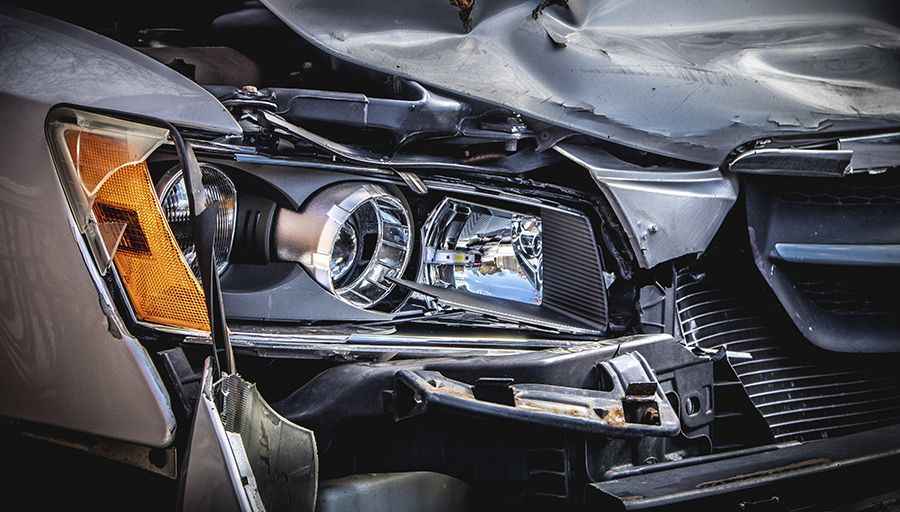After a Car Accident, Don't Ignore Your Mental Health
Did you know that a car accident can have a massive impact on both your physical and mental well-being? Unfortunately, most people are not aware of the mental concerns related to these traumatic events. This post aims to shed light on the mental health issues that may arise in the aftermath of a car wreck.

Never should you ignore your mental health after an accident because it plays a huge role in physical recovery. A mentally healthy individual will recover faster than a mentally unstable one. If the following symptoms affect your daily activities, it would be best if you seek treatment.
Top Three Mental Health Issues Common to Car Accident Victims
Post-Traumatic Stress Disorder (PTSD)
Post-traumatic stress disorder is among the most common mental health issues that affect car wreck victims. According to a recent online survey, car accidents are second to the military in causing PTSD in America. Acute Stress Disorder also falls under this category, but unlike PTSD, which can last for years, ASD symptoms only last for a couple of weeks.
Symptoms
Visit a specialist when you observe the following signs and symptoms after a car wreck:
- Flashbacks of the event
- Difficulty bonding with your close ones
- Being always alert or paranoid.
Anxiety
Anxiety is also a common mental health condition affecting car accident victims. Weeks after the wreck, anxiety symptoms may start kicking in and may last for a couple of weeks. Anxiety’s severity and duration will depend mostly on the victim. For example, females are two times more likely than men to suffer from persistent anxiety.
Symptoms
Here are some additional symptoms you may experience if you have anxiety:
- Headaches and dizziness
- Persistent feeling of dread or panic
- Muscle tension
- Sleep disorders
- Heavy sweating
- Short memory and difficulty focusing
- GI issues
- Obsessive ideas and behaviors, including OCD
- Panic attacks.
Major Depressive Disorder (MDD)
After a severe car accident, the pain and injuries sustained might result in depression. Disability or a life-altering injury is a dire diagnosis, and the sooner you visit a psychologist, the better your chances of pulling through.
Symptoms of MDD:
- You may develop a sense of constant guilt
- You may lose interest in the things you loved
- You may experience recurring suicidal thoughts
- You may become easily angered and irritated
- You may lose appetite or binge eating
- You may experience insomnia or excessive sleepiness
- You may lose interest in the people, activities, and objects you love
- You may want to spend most of your time alone
- You may develop addictive behaviors like alcohol abuse, excess shopping, or Internet addiction.
When to Visit Mental Health Specialist After a Crash
Most often than not, traumatic events will mess up your hormonal brain balance. In some instances, the levels may spike too high, making it almost impossible for the typical brain to process. The inability to properly digest those events means that the victim's hormone levels will remain high, causing long term mental health issues.
If you continuously experience any of the outlined symptoms after an accident, it would be best to seek medical attention. Also, even the signs are minimal, the effect one such disorder can have on your work and personal life can be huge. If this is the case, a trip to a mental health expert is a fantastic idea.
How to Add Mental Health Issues to Your Injury Claim as Damages
Did you know that a personal injury claim can cover the cost of treatment when it comes to your mental health? For example, you have got severely injured in an accident in Long Island and believe you may have developed some serious mental health issues as a result.
After visiting a mental health specialist, you will need to call a car accident lawyer before talking to the insurance company or filing a personal injury claim. The lawyer will help you add your mental health issues and your treatment cost to your claim. If your injury claim is substantial, you stand a high chance of getting compensated, but your case can quickly go to trial if the insurer is not cooperative.